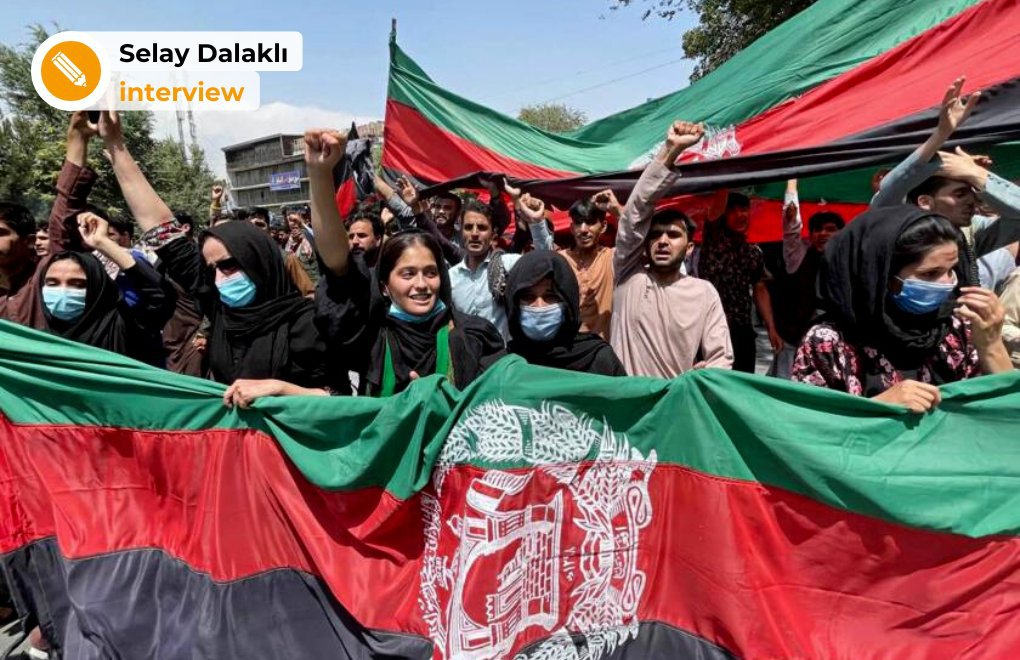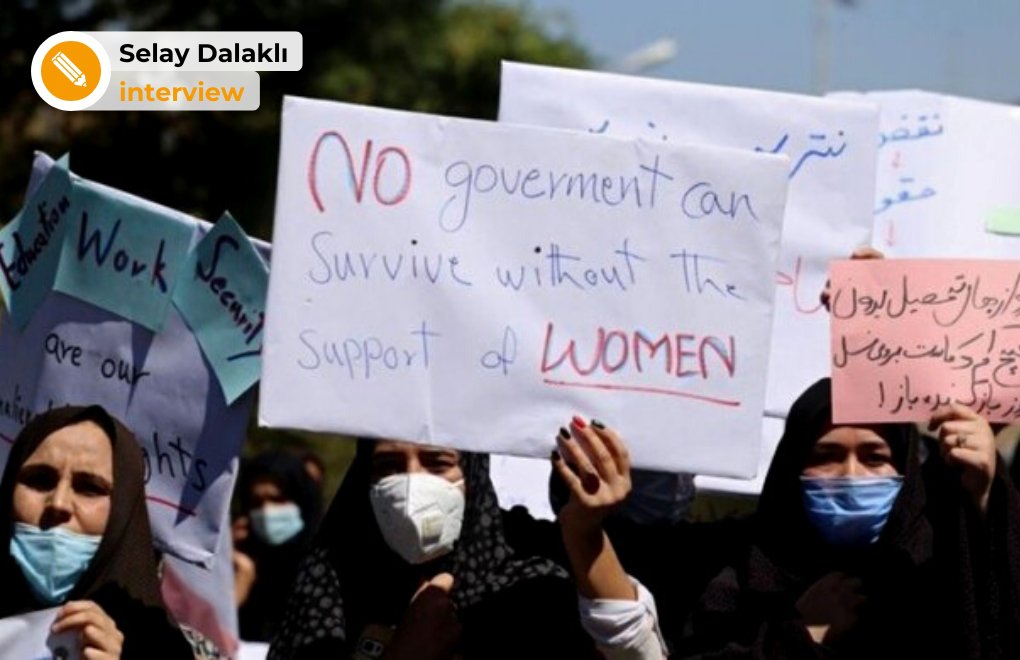Click to read the report in Turkish
Turkish Industrialists' and Businessmen's Association (TÜSİAD) Global Politics Forum organized a webinar in order to discuss the foreign policy of Türkiye in light of the developments in the world in 2022.
The "Foreign Policy of Türkiye in the light of what 2022 brought" webinar was moderated by Prof. Dr. Evren Balta who is the academic coordinator of the Global Politics Forum of TÜSİAD and the head of the Özyeğin University International Relations Department.
Retired ambassador Esat Şafak Göktürk, journalist Sedat Ergin, academician Prof. Dr. İlhan Uzgel, Academiciani Ass. Prof. Özlem Kaygusuz and Chatham House researcher Galip Dalay participated in the webinar as panelists.
Evren Balta, opening the discussion, emphasized that "2022 was a year when the parameters of global politics were rewritten, a year which is significant for the constitution of global politics." Introducing the panelists she first invited retired ambassador Göktürt to speak.
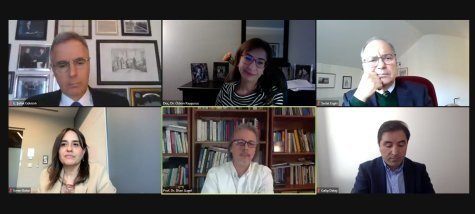
"Pragmatic requirements compelled track change"
Göktürk first noted that one had to look at not only 2022 but to the last 20 years when looking at the foreign policy of Türkiye.
He evaluated Türkiye's foreign policy under five topics:
* Defining lines of evolution
* The core of the need for change
* Manner of action
* The context we are in
* Incontestability
Göktürk underlined that the "survival" theme supported that foreign policy is manifested in the form of conflicts and that these were then supported with ideological and hostile rhetoric.
He reminded that there was a "track change movement" in the foreign policy of Türkiye, especially since the second half of 2021, and said that this was done "completely based on pragmatic needs of Türkiye."
"Another reason for this was the increased political and economic difficulties for the government. The risks made a cumulative effect. And all of these pushed the government to make a new evaluation: How will we manage all this?"
Göktürk also examined the foreign policy of Türkiye in terms of "manner of action" and said "Not consistency but usefulness was important and rhetoric was prioritized. Compositions were put together for a few months and for a few subjects."
Finally discussing the topic of "incontestibility" Göktürk said that "national survival" was an essential theme in foreign policy in 2022, and that those questioning what was being done and said in foreign policy were stigmatized as "a betrayer." And "the anti-Western perception made things easier for the government."
"Türkiye becoming more dependant on Russia"
Hürriyet daily columnist Sedat Ergin was the next panelist. He evaluated the possible answers to the question of how the ongoing wars in Syria and Ukraine shaped the foreign policy of Türkiye.
Ergin said that it was inevitable that the war between Russia and Ukraine "caused major results for the relations of Türkiye with the West and with Russia" and told that there were optimistic expectations that the war could trigger for Türkiye to approach the West closer but that these expectations did not come through.
Making reference to the "equilibrium policy" Türkiye is following between Russia and Ukraine Ergin said, "Türkiye gave messages deterring the vessels of third parties to pass through the straits, a little going beyond the Montreux and prevented the Blacksea to become a region of tension and conflict. I do not believe that Russia is uncomfortable with this attitude concerning the straits.
"Another point is related to energy. When the war started, there were powerful arguments that Türkiye should learn from the dependency of Germany on Russia and do the necessary.
"When we look at the last 10 months, on the contrary, we see a tendency where the dependency of Türkiye on Russia is growing."
"Asymmetry in relations with Russia more apparent"
"We see a concentration in the field of energy. When we look at the balance of the relationship, Russians are trying to overcome being blockaded by embargos over Türkiye. We have to see that Türkiye serves a vital function for Russia and President Vladimir Putin in terms of this.
"A relationship structure is developing where bilateral interests are growing and both parties are glad about this.
"The relations with Russia passed a threshold. This, it seems, made the asymmetry in the relations discussed for some time more apparent.
"When we look at the whole picture, the perception that Türkiye is acting in an autonomous area, separately from the west has become stronger in the west. That the relations between the two leaders continued without being affected by the war strengthened this perception further."
"Continuity-disengagement" discussions in 20 years
Associate professor Özlem Kaygusuz first recalled why 2022 was such an important year.
"2022 is such a year that it is not only the year coming after 2021. It is the 20th year of the Justice and Development Party (AKP) and we have general elections ahead of us."
Kaygusuz evaluated the basic framework of the relations of Türkiye with the European Union (EU) in this context.
She said, "In the last 20 years, the foreign policy of Türkiye experienced a dynamic and intense period to such a degree that was not experienced in the past. This was also a period when domestic politics and foreign policy interacted greatly.
"There has always been a discussion of "continuity-disengagement" in these last 20 years. In which areas is there continuity? In which areas has there been disengagement?
"There has been a significant revision, especially in the last seven years in the relations with the West and the EU. The "pro-Western foreign policy" of Türkiye was seriously revised."
"Continuity" prevailed between 2002 and 2011 according to Kaygusuz which are the first ten years of the AKP rule, but the relations with the EU and the West started to break away in 2015, and there was no "breaking away" but "tension" in the relations in 2019-2020.
"In the current situation, neither the government nor the EU is bringing any concrete suggestion for a solution in any problem area," she said.
"Arab Spring period closed in foreign policy"
Speaking after Kaygusuz, researcher Galip Dalay evaluated "why there has been a track change in the foreign policy of Türkiye."
Recalling the steps of Türkiye for normalization with Middle East and Gulf countries such as the UAE, Egypt, and Israel in the last period, Dalay said this was "the announcement that the Arab spring period in the foreign policy of Türkiye was closed."
Dalay listed possible answers to the question of what had triggered these normalization steps:
* Triggering factors arising from domestic politics and especially the economic situation,
* Regional factors: Emphasis on traditional security issues re-emerged.
Dalay talked about the regional factors: The areas of competition with Iran are both becoming more widespread and deeper. Türkiye is trying to convert the multilateral crisis with Greece into a bilateral crisis. And as for another, the Regional Kurdish issue and thus the normalization rhetoric with Syria.
Erdoğan saw the war as "grace of God"
The last speaker of the webinar, columnist, and academician Prof. Dr. İlhan Uzgel tried to give answers to the questions, "What happened in the foreign policy of Türkiye in 2022, and what will be the heritage to 2023?"
He noted the Russia-Ukraine war and the general elections in Türkiye as the two significant developments affecting foreign and domestic policy.
Uzgel said, "The relations of the Erdoğan government with the West was not good and Erdoğan saw the Ukraine war as a "grace of God."
"The US is following a strategic 'by-pass policy' towards Türkiye" according to Uzgel, who gave the following examples to this:
"The US did not request the support of Türkiye when withdrawing from Afghanistan.
"Two ISIS leaders were killed at locations close to the Türkiye border, with the second a year later than the first, and the İncirlik base was not used. They did not even tell Türkiye."
"The US President Joe Biden meets with President Erdoğan only on the sidelines of international summits.
Uzgel, also discussed the "equilibrium policy" Türkiye is following in the context of the Ukraine war:
"Authoritarian leaders love crises"
"Authoritarian leaders love the crises because a crisis broadens the movement area. Iran is similar. In its foreign policy. But this was not the case for Türkiye during the war. Erdoğan did not follow an equilibrium policy. Erdoğan could not do anything else. He was compelled to do this.
"Türkiye cannot move in Syria without Putin. There is dependency in the field of energy. There was no such relation in the history of Türkiye; this is different from telephone diplomacy; we have to find another name for this.
"And ending the Russia-Ukraine war will not be left to Erdoğan. Here there is a much larger global conflict, much beyond Erdoğan.
"Another dimension is election-related foreign policy. This is a foreign policy that is not on a single track. On an axis of fixing the relations with the countries with which the relations are bad and selecting soft targets.
The "Foreign Policy of Türkiye in the light of what 2022 brought" webinar was completed after the part with questions from the audience and responses of the speakers. (SD/PE)





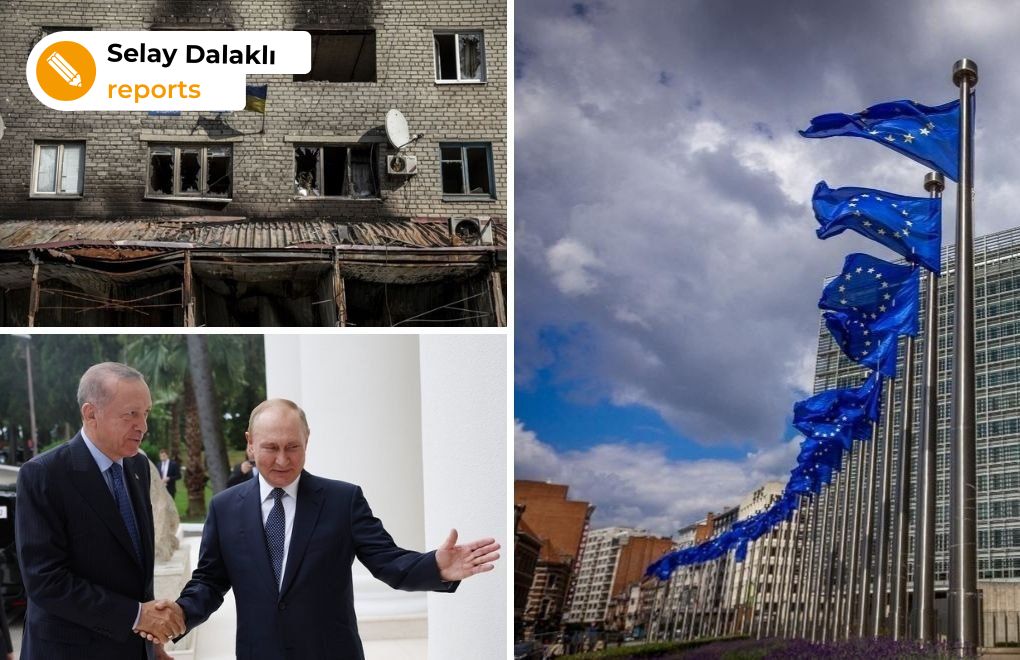

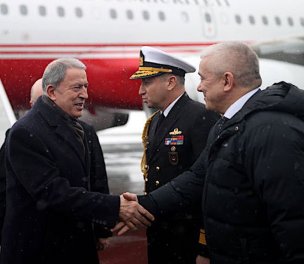
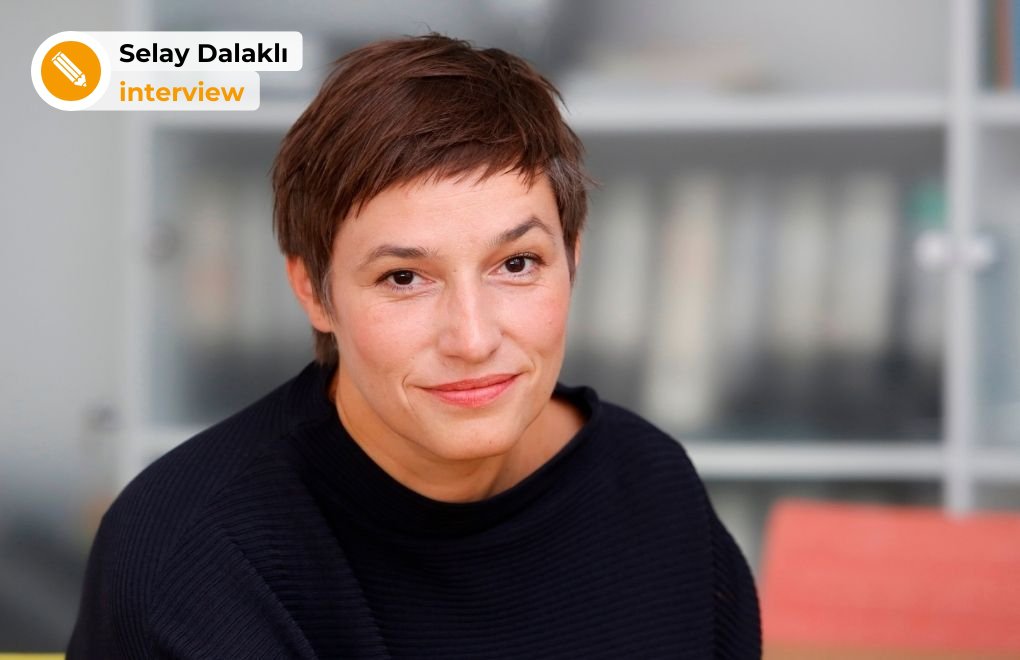
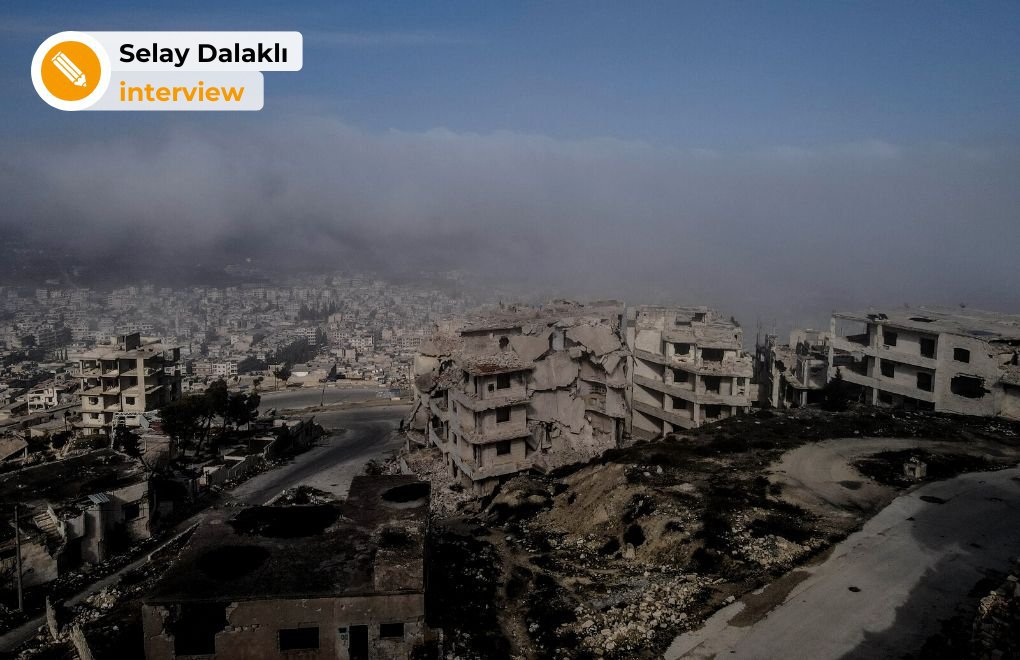
.jpg)
